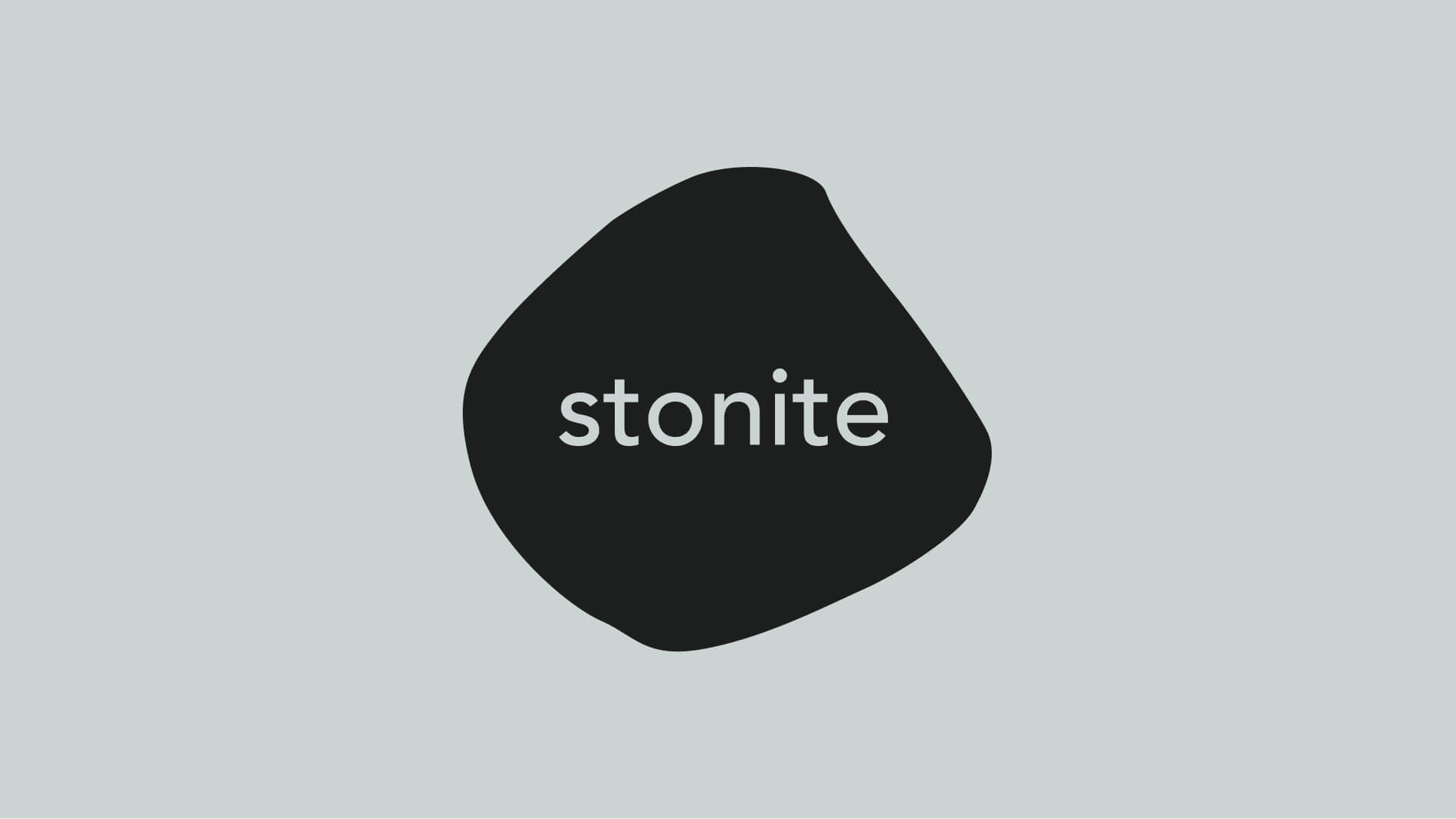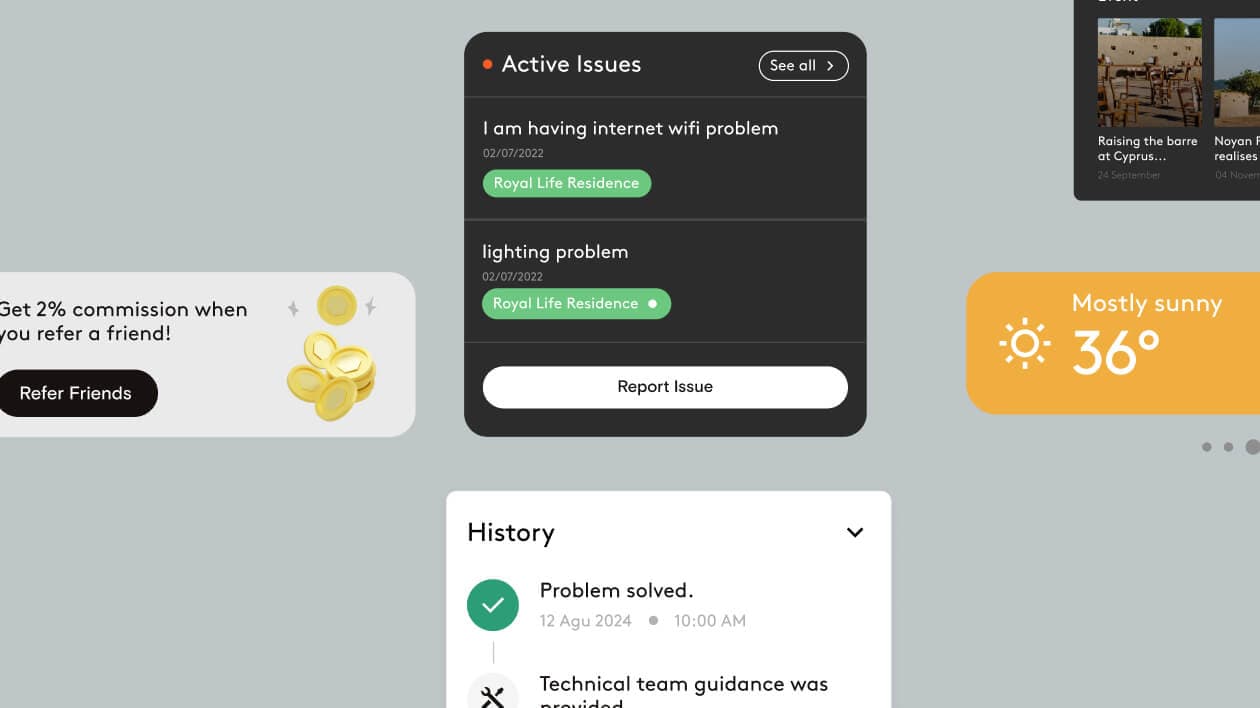Migration Development Services
Our migration development services help you seamlessly transition your business to new platforms, technologies, or systems. We expertly manage the entire process, from planning and design to execution and support, ensuring minimal disruption and optimal results.
Deployment & Support
Once the migration is complete, we seamlessly deploy the new systems and provide ongoing support to ensure stability, performance, and security. We offer ongoing monitoring, maintenance, and technical assistance to address any issues.
Implementation & Testing
We execute the migration plan with precision, ensuring data integrity and application functionality. We conduct rigorous testing and validation to ensure the migrated systems perform as expected and meet your requirements.
Migration Strategy & Design
Based on our assessment, we develop a customized migration strategy that outlines the steps, timeline, and resources required. This includes data mapping, application adjustments, and infrastructure setup to ensure a seamless transition.
Planning & Assessment
We begin by understanding your unique requirements, goals, and existing infrastructure. This involves a detailed analysis of your current systems, data, and applications to identify potential challenges and opportunities.
Design
We craft meaningful digital experiences that captivate and engage, blending creativity with strategy. From concept to execution, we make your brand stand out.
We shape distinctive brands that resonate, ensuring every element reflects your business’s core values.
Our branding process builds emotional connections, making your brand memorable and positioning it for long-term success in the market.
Yes, we offer ongoing support after the migration to ensure the stability and performance of your new systems. Our support services include: * **Technical support:** We provide technical assistance to resolve any issues that may arise. * **Monitoring and maintenance:** We monitor your systems for performance and security issues. * **Updates and upgrades:** We keep your systems up-to-date with the latest software and security patches. * **Training and documentation:** We provide training and documentation to help you manage and maintain your new systems.
Getting started is easy! Simply contact us to schedule a consultation. We will discuss your specific migration needs, provide a detailed assessment, and create a customized plan to meet your requirements. We are here to guide you every step of the way.
Our approach to migration development is highly structured and tailored to your specific needs. We follow a comprehensive process that includes: * **Planning and assessment:** We carefully analyze your current systems and infrastructure to understand your requirements and identify potential challenges. * **Design and development:** We create a detailed migration plan, including data mapping, application adjustments, and infrastructure setup. * **Testing and validation:** We rigorously test the migrated systems to ensure they function correctly and meet your performance expectations. * **Deployment and support:** We seamlessly deploy the migrated systems and provide ongoing support to ensure a smooth transition and long-term stability.
We prioritize a smooth migration process by: * **Thorough planning and assessment:** We carefully analyze your current systems and infrastructure to identify potential challenges. * **Detailed migration plan:** We create a comprehensive migration plan, outlining data mapping, application adjustments, and infrastructure setup. * **Rigorous testing and validation:** We thoroughly test the migrated systems to ensure they function correctly and meet your performance expectations. * **Effective communication and collaboration:** We maintain open communication and collaborate closely with you throughout the project. * **Dedicated support team:** We provide ongoing support to address any issues that may arise.
Data security is a top priority for us. We implement robust security measures throughout the migration process, including: * **Data encryption:** We encrypt data in transit and at rest to protect it from unauthorized access. * **Access control:** We restrict access to sensitive data to authorized personnel. * **Regular security audits:** We conduct regular security audits to identify and address any potential vulnerabilities. * **Compliance with industry standards:** We adhere to industry best practices and comply with relevant data security regulations.
We ensure the success of a migration project by: * **Clear communication and collaboration:** Maintaining open and transparent communication with you throughout the project. * **Thorough planning and execution:** Developing a comprehensive migration plan and executing it efficiently. * **Robust testing and validation:** Rigorously testing the migrated systems to ensure they function correctly. * **Dedicated support and maintenance:** Providing ongoing support and maintenance to ensure the stability and performance of your new systems. * **Continuous improvement:** Constantly evaluating and improving our processes to deliver exceptional results.
We have robust data backup and recovery procedures in place to mitigate the risk of data loss during migration. We create multiple backups of your data before, during, and after the migration process. In the unlikely event of data loss, we can quickly restore your data from the backups.
By choosing Saypr, you gain access to: * **Expert migration specialists:** Our team of certified migration professionals has extensive experience in handling complex migration projects. * **Proven methodologies:** We employ industry-best practices and proven methodologies to ensure successful and efficient migrations. * **Customization and flexibility:** We tailor our services to meet your specific needs and provide customized solutions. * **Cost-effective solutions:** We offer competitive pricing and transparent billing, ensuring value for your investment. * **Strong communication and collaboration:** We maintain open and clear communication throughout the project, keeping you informed every step of the way.
Best practices for successful migration development include: * **Clearly define your business objectives:** Establish clear goals and outcomes for the migration. * **Thorough planning and assessment:** Analyze your current systems and infrastructure to understand the scope and complexity of the migration. * **Data mapping and validation:** Create accurate data maps and validate data integrity before and after the migration. * **Application testing and compatibility:** Thoroughly test applications to ensure they function correctly on the new platform. * **Security and compliance considerations:** Implement robust security measures and comply with relevant data security regulations. * **Effective communication and collaboration:** Maintain open communication with all stakeholders throughout the project.
Migration development can present several challenges, including: * **Data migration:** Moving large volumes of data can be time-consuming and complex, requiring careful planning and execution. * **Application compatibility:** Ensuring that applications are compatible with the new platform or system can be a challenge. * **Integration with existing systems:** Integrating the migrated systems with existing infrastructure and applications can be complex. * **Downtime and disruption:** Minimizing downtime and disruption to business operations during the migration process is crucial. * **Security and compliance:** Maintaining data security and compliance with regulations throughout the migration is essential.
Migrating to the cloud offers numerous benefits, including: * **Scalability and flexibility:** Easily scale your resources up or down based on your needs. * **Cost savings:** Pay only for what you use, potentially reducing infrastructure costs. * **Enhanced performance:** Leverage powerful cloud infrastructure for improved performance and reliability. * **Increased security:** Benefit from advanced security features and compliance capabilities offered by cloud providers. * **Global reach and accessibility:** Access your data and applications from anywhere in the world.
Before embarking on a migration project, it's essential to consider factors such as: * **Business needs:** Clearly define your business goals and objectives for the migration. * **Data volume and complexity:** Assess the size and complexity of your data to determine the scope of the migration. * **Application compatibility:** Ensure that your applications are compatible with the new platform or system. * **Infrastructure requirements:** Evaluate your infrastructure needs and ensure it can support the migrated systems. * **Budget and timeline:** Set realistic budget and timeline expectations for the migration project.
The migration landscape is constantly evolving with advancements in cloud computing, containerization, and automation. Some key trends include: * **Cloud-native migrations:** Migrating applications and data to cloud-based platforms like AWS, Azure, or Google Cloud. * **Containerization:** Using containers to package and deploy applications, enabling portability and scalability. * **Automated migration tools:** Utilizing tools to automate migration tasks, reducing manual effort and increasing efficiency. * **DevOps integration:** Integrating migration processes with DevOps practices for continuous delivery and improved agility. * **Data migration optimization:** Developing strategies to optimize data migration processes, reducing downtime and improving performance.
Migration development can involve certain risks, including: * **Data loss:** The potential for data loss during the migration process should be addressed with robust backup and recovery procedures. * **Downtime and disruption:** Minimize downtime and disruption to business operations by planning and executing the migration carefully. * **Application compatibility issues:** Thorough testing and validation are crucial to ensure compatibility between applications and the new platform. * **Security vulnerabilities:** Address security concerns by implementing appropriate security measures throughout the migration process. * **Cost overruns:** Accurate budgeting and project planning can help prevent cost overruns.
We have a comprehensive support system in place to address any issues that may arise during the migration process. Our team is available 24/7 to provide prompt assistance and resolve any problems efficiently. We also offer ongoing support after the migration to ensure the stability and performance of your new systems.
Migration development refers to the process of moving data, applications, and infrastructure from one system to another. This can involve migrating from an older version of a platform to a newer one, shifting from on-premises servers to the cloud, or transitioning to a different operating system. Our experts handle all aspects of the migration, ensuring a smooth transition.
The cost of our migration development services varies depending on the complexity of the project, the size of your data, and the specific requirements. We provide a detailed cost breakdown and project estimate during the initial assessment phase. We are committed to providing cost-effective solutions that meet your budget and deliver exceptional value.
The timeline for a migration project varies depending on the complexity of the project, the size of your data, and the specific requirements. We provide a detailed timeline and project plan during the initial assessment phase. Our goal is to complete the migration as quickly and efficiently as possible while ensuring a smooth transition.
We handle a wide range of migration projects, including: * **Platform migrations:** Moving from one platform to another, such as migrating from an older version of a software to a newer one. * **Cloud migrations:** Transitioning from on-premises servers to cloud-based infrastructure, such as AWS, Azure, or Google Cloud. * **Database migrations:** Moving data from one database system to another, such as migrating from MySQL to PostgreSQL. * **Application migrations:** Moving applications from one environment to another, such as migrating from a local server to a cloud server. * **Data migrations:** Transferring data from one storage location to another, such as migrating data from a local server to a cloud storage service.
Migration development services offer several benefits, including: * **Reduced downtime:** We minimize disruption to your business operations during the migration process, ensuring a seamless transition. * **Improved performance:** Moving to a new platform or system can boost performance, enhance security, and improve scalability. * **Cost savings:** By leveraging our expertise, you can optimize costs associated with migration and avoid potential pitfalls. * **Enhanced security:** Migration can strengthen your security posture by moving to a more secure platform or system. * **Increased flexibility:** Migrating to the cloud or a new platform provides greater flexibility and scalability to meet your evolving needs.

















